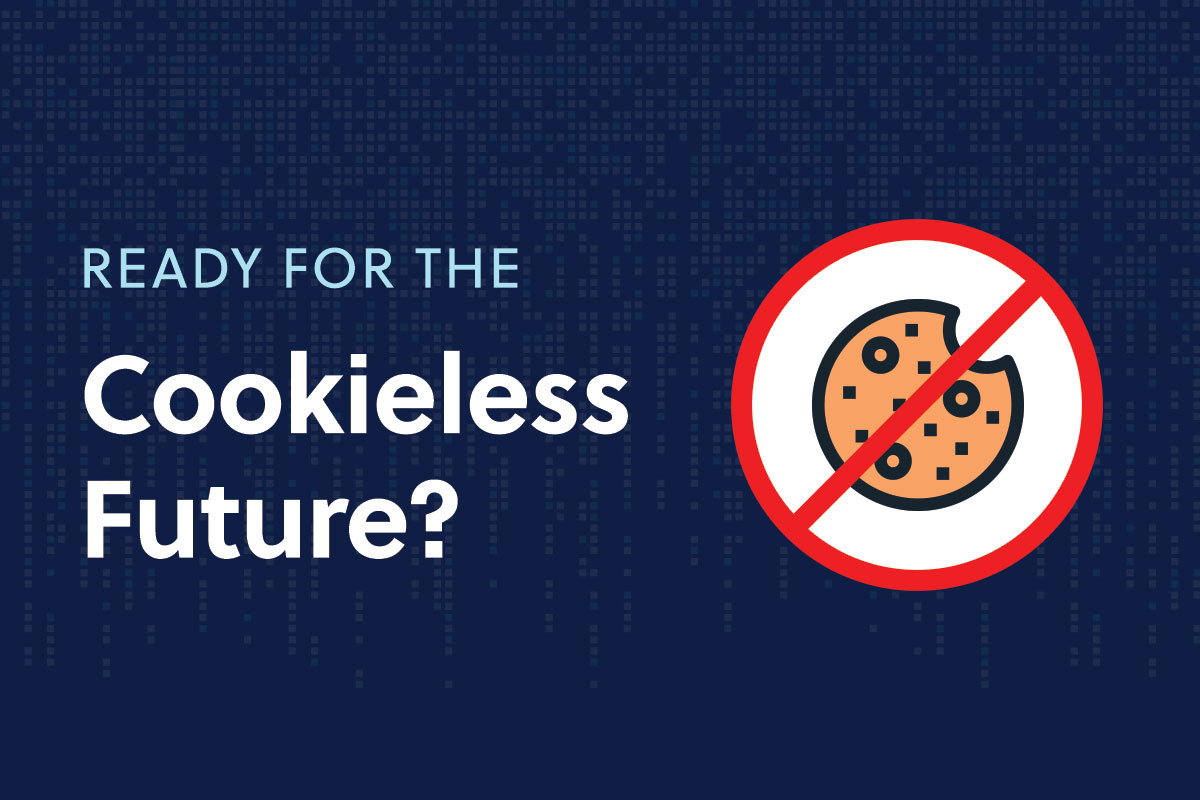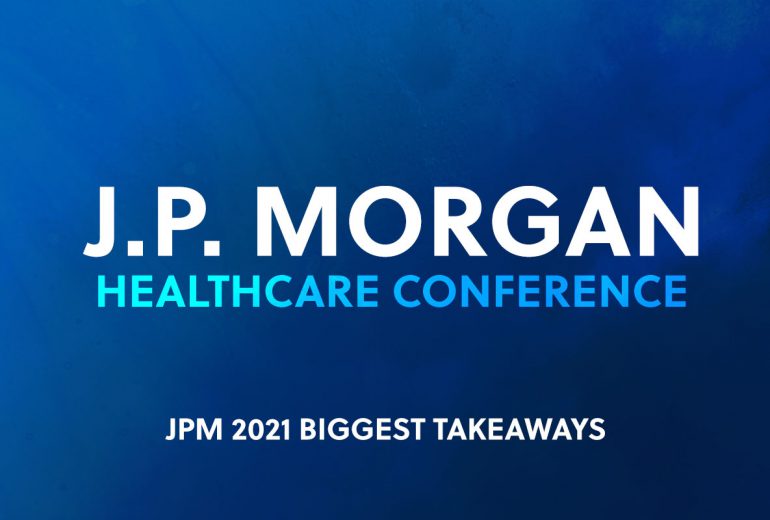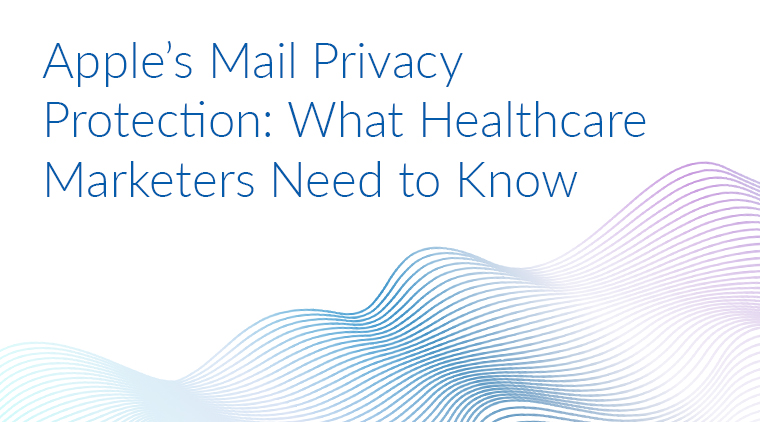The death of third-party cookies, explained. Firefox (Mozilla) and Apple (Safari) abandoned support of third-party cookies in late 2019 and early 2020, respectively. Then, early last year, Google (Chrome) announced that it, too, would stop supporting third-party cookies by 2022. Chrome dominates the industry with a whopping 65% of browser market share, so its announcement essentially spells the death of third-party cookies as we know them.
What this means for marketers. As 2022 quickly approaches, many are nervously wondering about the potential effects on the media landscape. How will this impact the marketing and advertising industry? What does this mean for BulletinHealthcare and its advertising clients?
First step? Get informed. We rounded up a list of key questions our team has fielded so far, regarding how this change will impact the BulletinHealthcare platform. The short of it: nothing will change for our clients because our email platform is built on first-party data! Keep reading after the FAQ section if you’re interested in learning about the ramifications of Google’s decision in the context of the broader media landscape.
FAQs
Are there any plans to combat this on your end?
In short, no. As an email media solution, BulletinHealthcare is unaffected by various web browsers’ decision to discontinue support of third-party cookies.
What changes will be implemented on your site?
Our email briefings will continue to be sent directly to 850,000 unique HCPs who are opted in to receive our briefings – a benefit extended to members of the medical associations that comprise our partner network.
Will any of the tactics that are currently live be affected?
No campaigns or tactics will be affected because we do not utilize third-party cookies – or any cookies – in our briefings. Our email platform relies on first-party data, so we are completely immune to the changes and ready for the cookieless future.
Are there going to be new offerings in lieu of the ones that are affected?
Since none of our current offerings are impacted by the changes, we have no plans to debut replacements. However, as we develop new products and audiences, we will be sure to keep our clients informed!
What compliancy steps are you taking to pivot to the cookieless future?
No additional steps are necessary for compliance. Why? As an email platform, we do not rely on cookies and their tracking mechanisms.
How is HCP audience data collected on your site?
We do not collect audience data on our website. Rather, the medical associations we partner with send us their membership lists in exchange for publishing their daily news briefing and thereby satisfying the daily information needs of their HCP members.
HCPs provide their personal information – such as name and email address – to our association partners when they sign up to become members of the organization. They are opted-in to receive our daily briefings via their member communications preferences.
Can you accommodate custom PMP deals to access inventory programmatically?
Yes, BulletinHealthcare partners with the following DSPs: Proclivity, DeepIntent, PulsePoint, MediaMath, theTradeDesk, and Basis by Centro.
Is BulletinHealthcare able to customize PMPs by disease state, vs. just run of network?
Yes, we can provide PMP access by briefing. Most of our briefings are specific to the reader’s medical specialty. For example, we partner with ACC, AAD, and ACOG, to name a few of our partners, all of which have distinct HCP specialty groups. We also accept various types of targeting methodologies in our programmatic deals, including list matching.
Further Implications
Web-based advertising has relied on cookie tracking since the late 1990s to identify users across websites, track their browsing habits, and serve up relevant ads for consumers, which also drives ROI for advertisers. With the deprecation of third-party cookies, new technology and marketing strategies will need to be employed.
First, in terms of technology, there are a variety of options to consider. In a survey of 419 publishers, 65% are not planning to increase log-in authentications and only 18% are considering Google’s cookieless solution: Privacy Sandbox. Instead, first party data (28%), contextual targeting (27%), and universal ID (22%) are the options of choice.
Careful planning will be required to navigate this monumental shift in targeting and reporting capabilities next year. Marketing strategies will need to focus more than ever on providing value to customers and improving their experience with brands to drive customer loyalty.
As other avenues become unavailable or less desirable, email will increase in importance as a primary means of communicating with customers. Creating the best user experience possible to motivate new potential customers to hand over their precious personal data will be key.
Additionally, e-newsletter and email advertising may gain in popularity as it offers a unique opportunity to expand reach beyond a brand’s first-party users by promoting products and services within an environment that is enabled by first-party data.
Please email advertise@bulletinhealthcare.com with additional questions or comments, and return to this space for more insights ahead of the cookiepocalypse!

Head of Marketing & Operations




